8W1 English
Section outline
-
English 2024
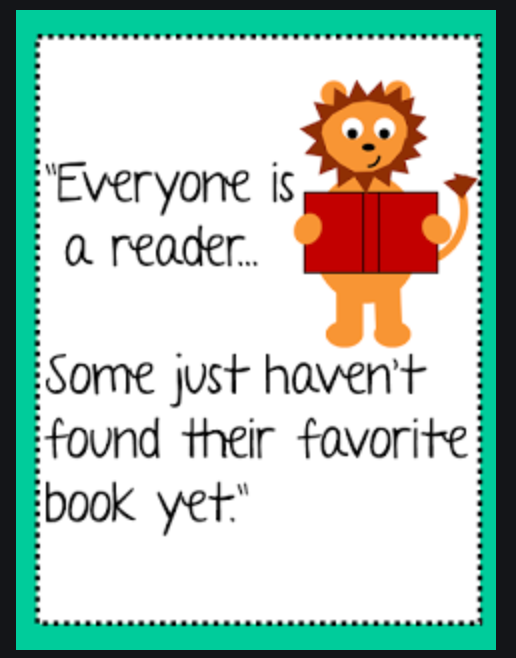
-
Opened: Sunday, 19 May 2024, 12:00 AMDue: Tuesday, 21 May 2024, 12:00 AM
Students are to create a poster with paragraphs answers in response to the film study -Soul Surfer.
-
Opened: Monday, 5 August 2024, 12:00 AMDue: Friday, 9 August 2024, 3:00 PM
Students are to write and present a persuasive speech.
-
-
Kia Ora Students and welcome to Week 2 Term 1!
This week we will be~(getting to know each other)
1. Creating a Cover page in your English books with own illustrations.
2. Reflecting and writing your goals for writing and reading 2024
3. Writing a letter to Miss McGregor about yourselves in your Writing Book.
LI- Follow the correct structure
Include your name, family, personal hobbies and interests, future goals/quotes, role models.
SC-3 paragraphs.
Extra: Reading Plus insight test
-
Kia Ora Students and welcome to Week 2 Term 1!
This week we will be~(getting to know each other)
1. Creating a Cover page in your English books with own illustrations.
2. Reflecting and writing your goals for writing and reading 2024.
3. Writing a letter to Miss McGregor about yourselves in your Writing Book.
LI- Follow the correct structure
Include your name, family, personal hobbies and interests, future goals/quotes, role models.
SC-3 paragraphs.
Extra: Reading Plus insight test
-
Kia Ora Students and welcome to Week 3!!
This week you have a Library session.
Library session-Orientation from Ms Townsend and issuing out a book for reading for enjoyment.
Activities and Links will be on your Google Classroom.
-
Kia Ora Class
This terms our context is Safety in NZ and BeyondYear 8:
This term we will complete a Visual Film study assessment on "Soul Surfer", learn about TEXAS paragraphs and start speeches planning.
EXPLORE / TŪHURA learning intentions:
- We are EXPLORING oral, written and visual language features by observing and researching language and information on our film study
- We are EXPLORING authors viewpoints by analysing and interpreting messages/themes of texts
- We are EXPLORING oral, written and visual language features by recognising visual techniques
- We are EXPLORING oral, written and visual language features by observing and researching language of film, camera shots and angles
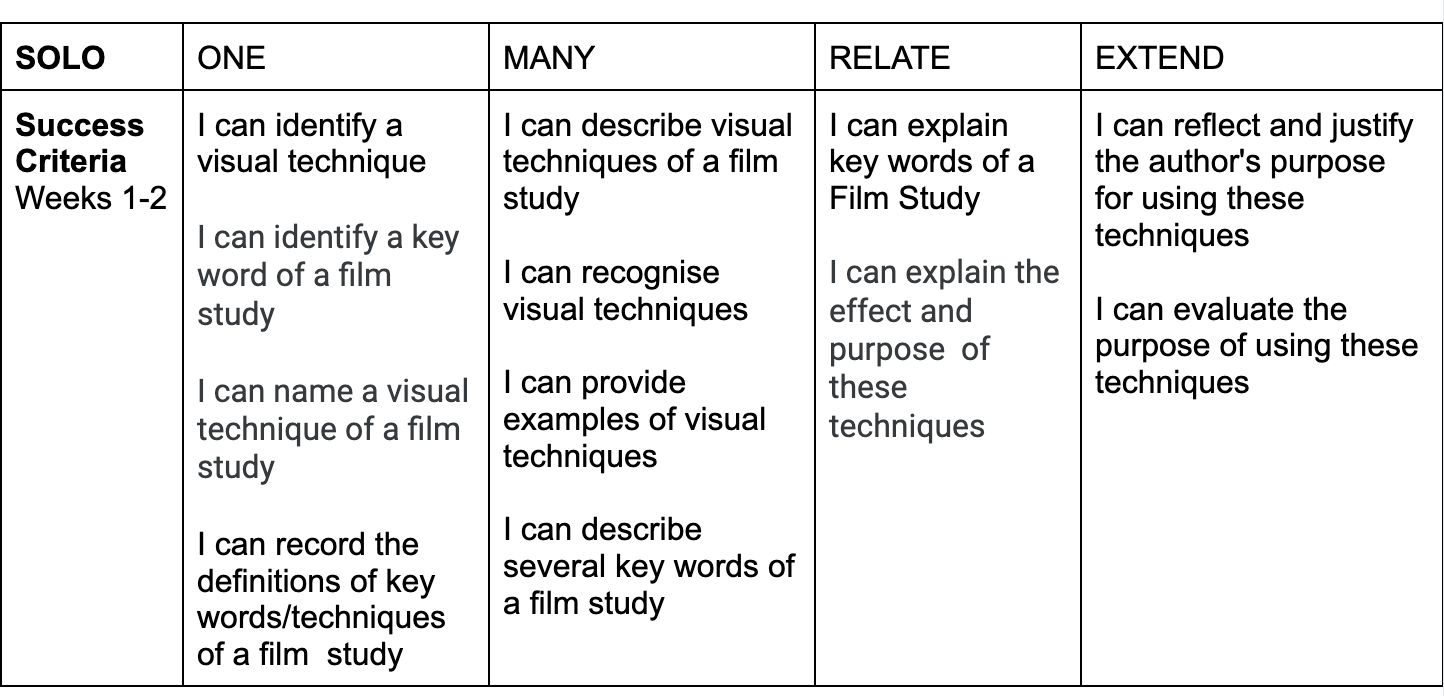
Activities and resources will be on Google classroom. -
Kia Ora Class and welcome to Week 5 of TERM 1!! You will have a Library session on Friday. You will also view Soul Surfer
This terms our context isYear 8: Safety in NZ and Beyond.
This term we will complete a Visual Film study assessment on "Soul Surfer", learn about TEXAS paragraphs and start speeches planning.
EXPLORE / TŪHURA learning intentions:
- We are EXPLORING oral, written and visual language features by observing and researching language and information on our film study
- We are EXPLORING authors viewpoints by analysing and interpreting messages/themes of texts
- We are EXPLORING oral, written and visual language features by recognising visual techniques
- We are EXPLORING oral, written and visual language features by observing and researching language of film, camera shots and angles
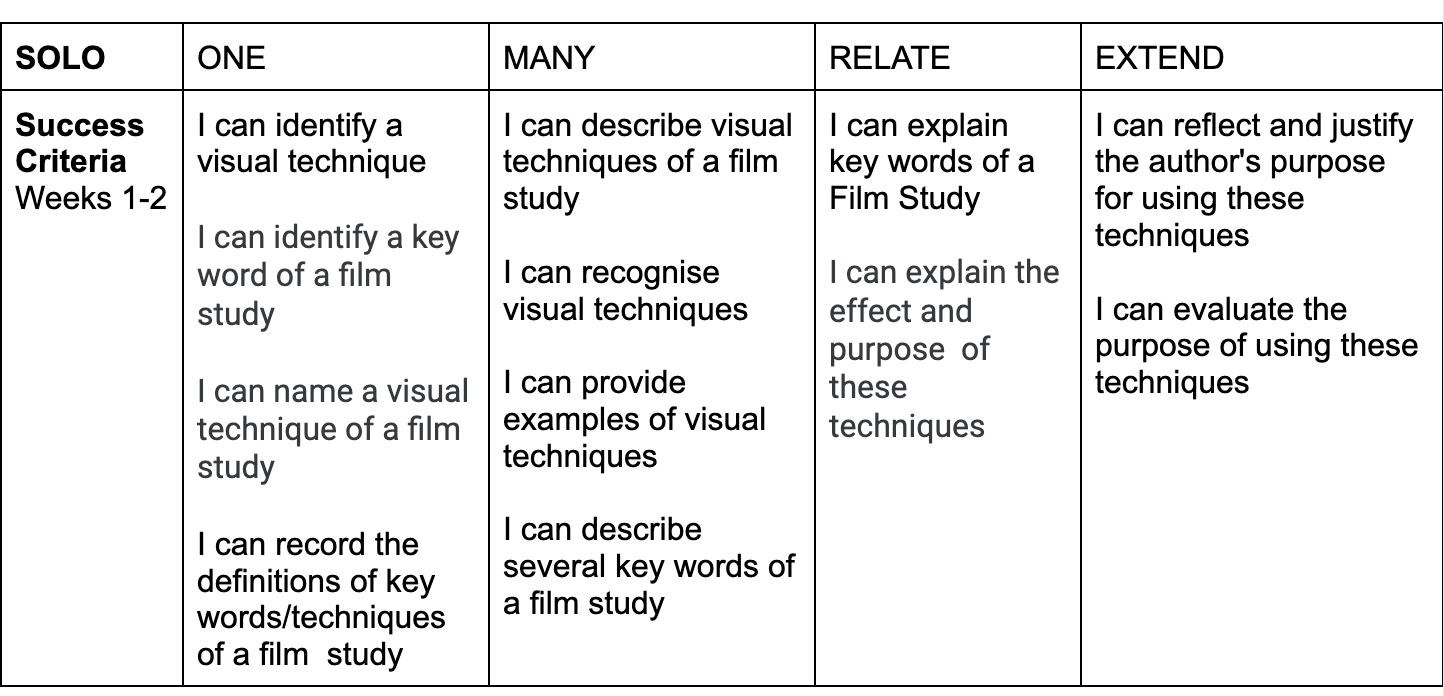
Activities and resources will be on Google classroom. -
Kia Ora Class and welcome to week 6 of TERM 1!! KWe will continue to view Soul Surfer.
This terms our context is
Year 8: Safety in NZ and beyond
This term we will complete a Visual Film study assessment on "Soul Surfer", learn about TEXAS paragraphs and start looking at film techniques.
FOCUS / ARONGA learning intentions:
- We are FOCUSING on using language features and increasing our vocabulary skills by describing key words in our film study
- We are FOCUSING on using language features and increasing our vocabulary skills by explaining key words in our film study
- We are FOCUSING on understanding the authors viewpoint/message of our visual text by identifying and discussing/ Kōrerorero, the main ideas of our visual text

Activities and resources will be on google classroom.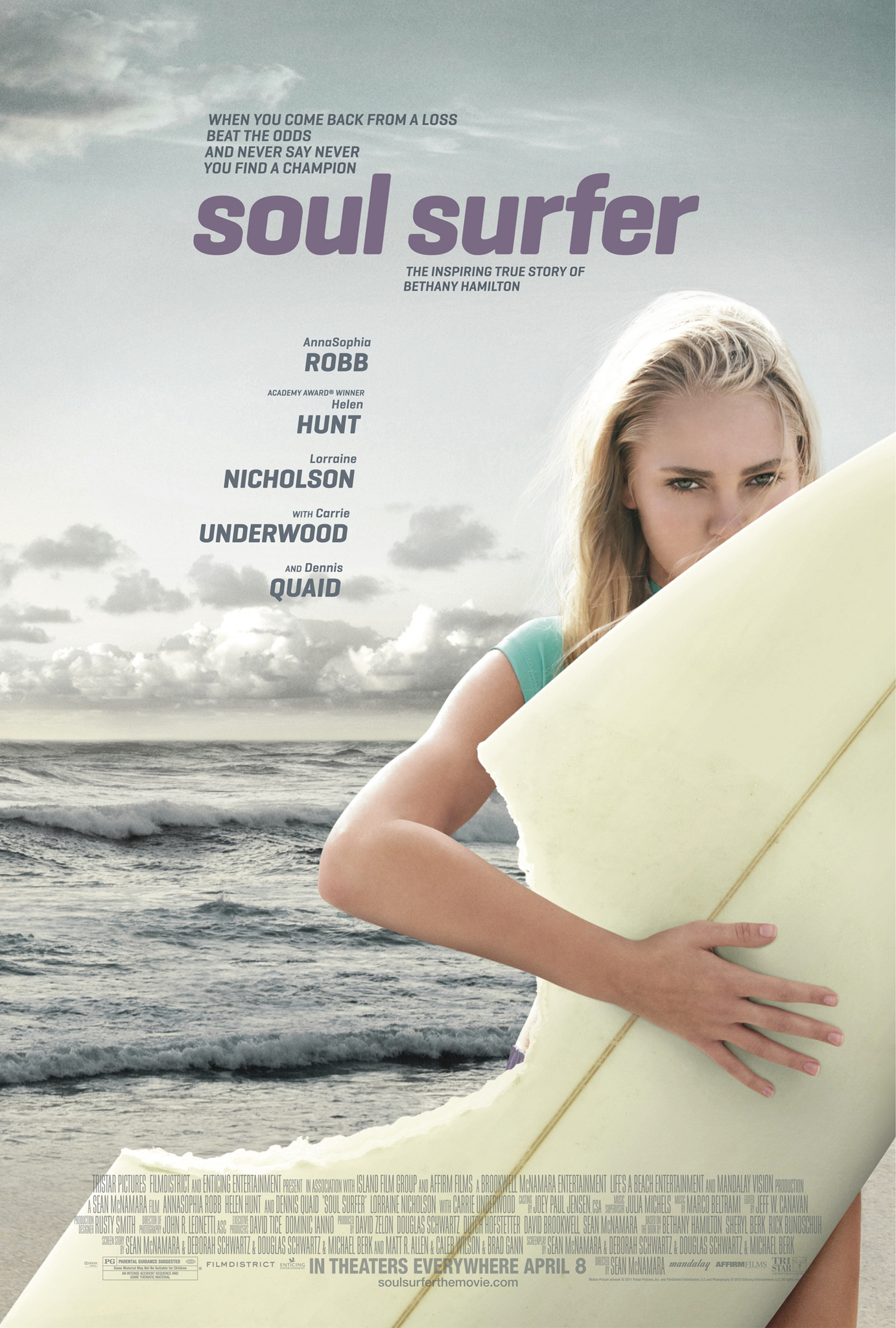
-
Kia Ora Class and welcome to week 7 of TERM 1!! This terms our context is
Year 8: Safety in NZ and Beyond
This term we will complete a Visual Film study assessment on "Soul Surfer", learn about TEXAS paragraphs and start looking at film techniques.
FOCUS / ARONGA learning intentions:
- We are FOCUSING on using language features and increasing our vocabulary skills by describing key words in our film study
- We are FOCUSING on using language features and increasing our vocabulary skills by explaining key words in our film study
- We are FOCUSING on understanding the authors viewpoint/message of our visual text by identifying and discussing/ Kōrerorero, the main ideas of our visual text

Activities and resources will be on google classroom.
We are learning how to write a TEXAS PARAGRAPH this week using the correct structure. -
Kia Ora Class and welcome to Week 8. This week you will be starting on your English Assessment.PLAN & DO / WHAKAMAHI learning intentions:
- We are PLANNING to show an increasing understanding of how language features are used for effect within and across texts and used for different purposes and audiences so that we can prepare and justify our ideas on a film study
- We are planning to identify oral, written and language features from our visual text so that we can plan/Tātai, and apply/Whakahāngai, our knowledge when completing our one pager -Film Study Response to Text
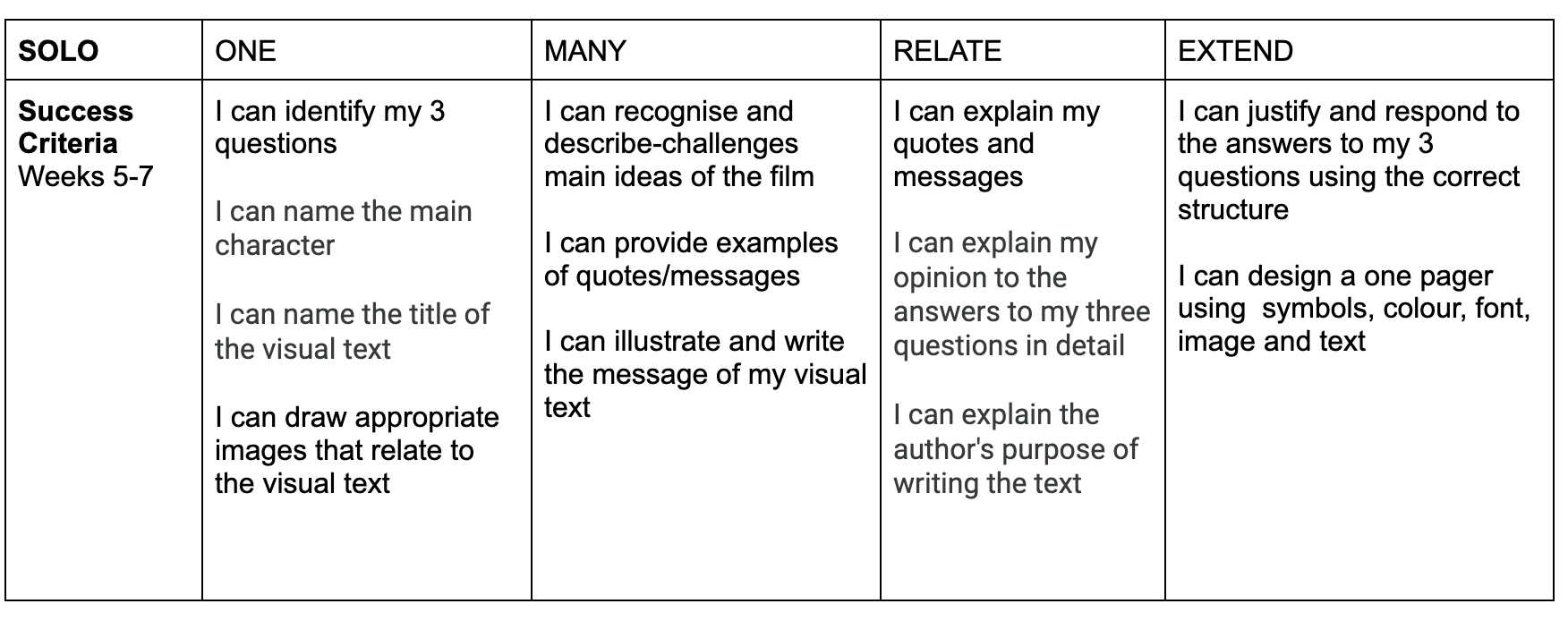
Activities, assessment criteria and resources will be on google classroom.
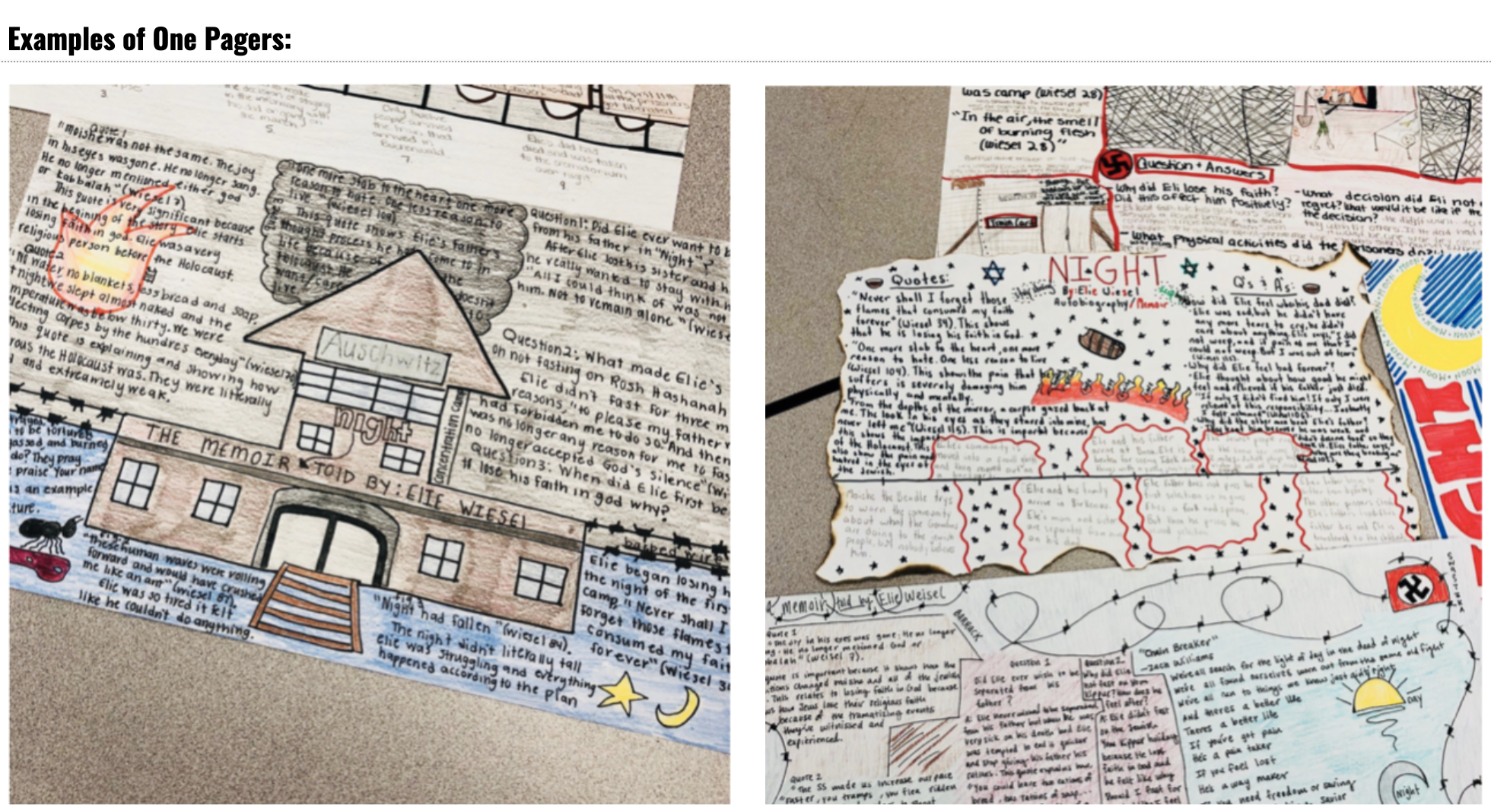
-
Kia Ora Class and welcome to Week 9. This week you will be starting on your English Assessment.PLAN & DO / WHAKAMAHI learning intentions:
- We are PLANNING to show an increasing understanding of how language features are used for effect within and across texts and used for different purposes and audiences so that we can prepare and justify our ideas on a film study
- We are planning to identify oral, written and language features from our visual text so that we can plan/Tātai, and apply/Whakahāngai, our knowledge when completing our one pager -Film Study Response to Text

Activities, assessment criteria and resources will be on google classroom.

-
Kia Ora Class and welcome to Week 10. This week you will be working on your English Assessment.PLAN & DO / WHAKAMAHI learning intentions:
- We are PLANNING to show an increasing understanding of how language features are used for effect within and across texts and used for different purposes and audiences so that we can prepare and justify our ideas on a film study
- We are planning to identify oral, written and language features from our visual text so that we can plan/Tātai, and apply/Whakahāngai, our knowledge when completing our one pager -Film Study Response to Text

Activities, assessment criteria and resources will be on google classroom.

-
Week 11:
This week you will be working on your English Assessment.
PLAN & DO / WHAKAMAHI learning intentions:
- We are PLANNING to show an increasing understanding of how language features are used for effect within and across texts and used for different purposes and audiences so that we can prepare and justify our ideas on a film study
- We are planning to identify oral, written and language features from our visual text so that we can plan/Tātai, and apply/Whakahāngai, our knowledge when completing our one pager -Film Study Response to Text

-
This week you will be working on your English Assessment.
PLAN & DO / WHAKAMAHI learning intentions:
- We are PLANNING to show an increasing understanding of how language features are used for effect within and across texts and used for different purposes and audiences so that we can prepare and justify our ideas on a film study
- We are planning to identify oral, written and language features from our visual text so that we can plan/Tātai, and apply/Whakahāngai, our knowledge when completing our one pager -Film Study Response to Text

-
This week you will be working on your English Assessment.
PLAN & DO / WHAKAMAHI learning intentions:
- We are PLANNING to show an increasing understanding of how language features are used for effect within and across texts and used for different purposes and audiences so that we can prepare and justify our ideas on a film study
- We are planning to identify oral, written and language features from our visual text so that we can plan/Tātai, and apply/Whakahāngai, our knowledge when completing our one pager -Film Study Response to Text

-
Kia Ora Class and welcome to Week 4. This week you will be working on your English Assessment.PLAN & DO / WHAKAMAHI learning intentions:
- We are PLANNING to show an increasing understanding of how language features are used for effect within and across texts and used for different purposes and audiences so that we can prepare and justify our ideas on a film study
- We are planning to identify oral, written and language features from our visual text so that we can plan/Tātai, and apply/Whakahāngai, our knowledge when completing our one pager -Film Study Response to Text

Activities, assessment criteria and resources will be on google classroom.

-
Enter text here...
EXPLORE / TŪHURA learning intentions:
- We are EXPLORING survival by looking at oral communication skills
- We are EXPLORING global warming and other man made problems.
- We are EXPLORING survival by looking at the night sky and reading about the Matariki stars and their significance
Awhinatanga: Positive Partnerships

Wänanga: The 5 Cs
Enter text here...
Week 1: Introduction to Public Speaking
- Learning Goal (Explore): Understand the basics of public speaking and its importance in communication.
- Success Criteria: Students will identify key components of an effective speech and recognize different types of speeches.
- Content:
- Explore the purpose of public speaking and its impact.
- Explore different types of speeches (persuasive, informative, entertaining).
- Explore famous speeches and their impact.
- Activity: Watch examples of famous speeches and discuss what makes them effective.
- Homework: Research and bring in a speech that inspires you, explaining why you chose it.
-
Enter text here...
EXPLORE / TŪHURA learning intentions:
- We are EXPLORING survival by looking at oral communication skills
- We are EXPLORING global warming and other man made problems.
- We are EXPLORING survival by looking at the night sky and reading about the Matariki stars and their significance
Awhinatanga: Positive Partnerships

Wänanga: The 5 Cs
Enter text here...
Week 2: Voice and Projection
- Learning Goal (Explore): Learn how to use voice effectively in public speaking.
- Success Criteria: Students will demonstrate an understanding of vocal projection, tone, and pace.
- Content:
- Explore the importance of voice in public speaking (volume, clarity, tone, pitch).
- Explore how projection and tone impact the audience’s perception.
- Activity: Practice voice exercises focusing on volume, tone, and pace.
- Homework: Practice speaking a paragraph out loud at different volumes and reflect on how it felt.
-
Enter text here...
EXPLORE / TŪHURA learning intentions:
- We are EXPLORING survival by looking at oral communication skills
- We are EXPLORING global warming and other man made problems.
- We are EXPLORING survival by looking at the night sky and reading about the Matariki stars and their significance
Awhinatanga: Positive Partnerships

Wänanga: The 5 Cs
Enter text here...
Week 3: Body Language and Gesture
- Learning Goal (Explore): Understand how non-verbal communication supports a speech.
- Success Criteria: Students will identify and demonstrate effective body language and gestures in public speaking.
- Content:
- Explore the role of body language in conveying messages (posture, gestures, facial expressions).
- Explore how gestures can emphasize points and engage the audience.
- Activity: In pairs, deliver a short speech using body language to enhance the delivery.
- Homework: Write a paragraph about how body language affected a speech you watched
-
Week 4: Structure of a Speech
- Learning Goal (Focus): Focus on structuring a clear, coherent speech.
- Success Criteria: Students will draft a well-organized speech using an introduction, body, and conclusion.
- Content:
- Focus on the structure of a speech: introduction, body, and conclusion.
- Focus on organizing ideas logically and clearly.
- Activity: Plan and outline a speech topic of their choice, focusing on structure.
- Homework: Draft the introduction and body of the speech, ensuring it has a clear flow of ideas
-
Week 5: Persuasive Techniques
- Learning Goal (Focus): Learn and apply persuasive techniques in speeches.
- Success Criteria: Students will identify and use persuasive techniques such as ethos, pathos, and logos in their speech drafts.
- Content:
- Focus on persuasive language and techniques (ethos, pathos, logos).
- Focus on how to make a speech convincing and impactful.
- Activity: Write a persuasive speech introduction using ethos, pathos, and logos.
- Homework: Continue developing the body of the speech, incorporating persuasive techniques.
-
Week 6: Refining Speech Content
- Learning Goal (Focus): Focus on refining speech content and practicing delivery.
- Success Criteria: Students will revise and improve their speech drafts based on peer feedback.
- Content:
- Focus on refining ideas and improving the clarity of the message.
- Focus on rehearsing the delivery of the speech.
- Activity: Peer-review each other’s speech drafts, providing constructive feedback.
- Homework: Refine the speech based on feedback and practice the delivery at home.
-
Enter text here...
EXPLORE / TŪHURA learning intentions:
- We are EXPLORING the Olympics by looking at topical issues surrounding the Olympics, using visual and verbal features of static image for communication
- We are EXPLORING the Olympics by understanding the Plympic values and how they apply to sport and everyday life and activities that promote teamwork and fair play
- We are EXPLORING the Olympics by investigating and researching the history of the games, the medals and mascots as well as the customs and traditions of the host city
Awhinatanga: Resilient Mindset
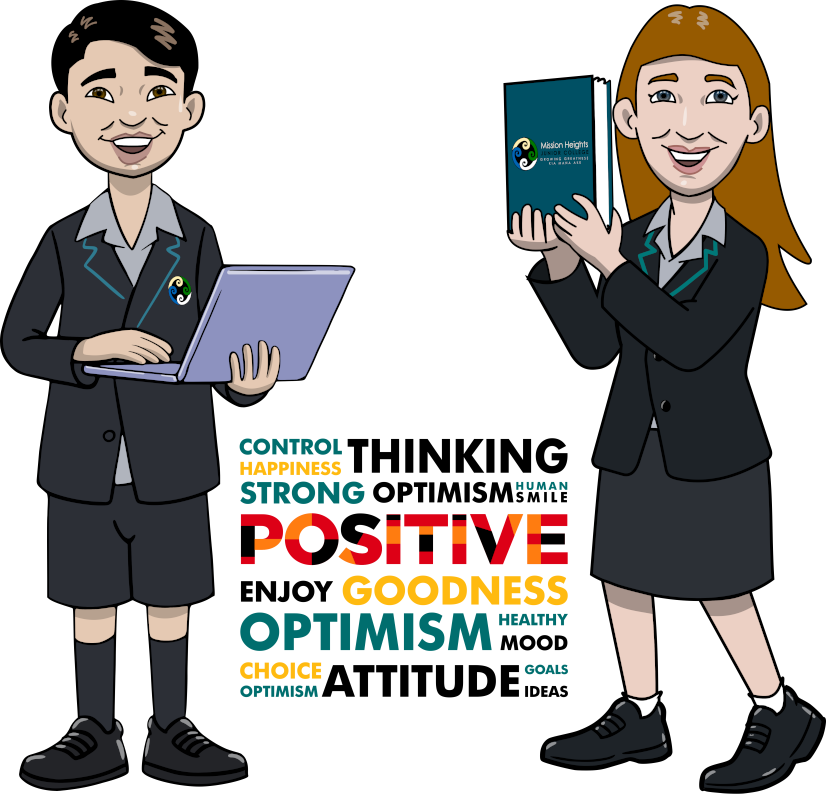
Awhinatanga: Positive Partnerships

Wänanga: Active Learner
Enter text here...
-
Enter text here...
EXPLORE / TŪHURA learning intentions:
- We are EXPLORING the Olympics by looking at topical issues surrounding the Olympics, using visual and verbal features of static image for communication
- We are EXPLORING the Olympics by understanding the Plympic values and how they apply to sport and everyday life and activities that promote teamwork and fair play
- We are EXPLORING the Olympics by investigating and researching the history of the games, the medals and mascots as well as the customs and traditions of the host city
Awhinatanga: Resilient Mindset

Awhinatanga: Positive Partnerships

Wänanga: Active Learner
Enter text here...
-
Enter text here...
EXPLORE / TŪHURA learning intentions:
- We are EXPLORING the Olympics by looking at topical issues surrounding the Olympics, using visual and verbal features of static image for communication
- We are EXPLORING the Olympics by understanding the Plympic values and how they apply to sport and everyday life and activities that promote teamwork and fair play
- We are EXPLORING the Olympics by investigating and researching the history of the games, the medals and mascots as well as the customs and traditions of the host city
Awhinatanga: Resilient Mindset

Awhinatanga: Positive Partnerships

Wänanga: Active Learner
Enter text here...
-
Week 1: Introduction to Static Images
- Objective: Understand the concept of static images and their purpose in visual communication.
- Success Criteria: Students will identify at least three key features of static images and explain their purpose in Olympic posters.
- Content:
- Explore the definition of static images and their use in posters and advertising.
- Explore key elements such as colour, layout, and text in static images.
- Explore previous Olympic posters as examples of effective design.
- Activity: Analyse two Olympic posters and identify the use of colour and layout.
- Homework: Find an Olympic poster online and describe its use of static image features.
EXPLORE / TŪHURA learning intentions:
- We are EXPLORING the Olympics by looking at topical issues surrounding the Olympics, using visual and verbal features of static image for communication
- We are EXPLORING the Olympics by understanding the Plympic values and how they apply to sport and everyday life and activities that promote teamwork and fair play
- We are EXPLORING the Olympics by investigating and researching the history of the games, the medals and mascots as well as the customs and traditions of the host city
Awhinatanga: Resilient Mindset

Awhinatanga: Positive Partnerships

Wänanga: Active Learner
Enter text here...
-
Week 2: Text in Static Images
- Objective: Learn how text enhances static images and conveys messages.
- Success Criteria: Students will produce a draft poster that demonstrates effective use of text in a static image.
- Content:
- Explore the role of text in static images (font, size, style, and placement).
- Explore the use of slogans and headlines in Olympic advertising.
- Explore how text supports the overall message of the image.
- Activity: Create a basic Olympic poster draft, focusing on text placement.
- Homework: Write a paragraph explaining why text is important in static images.
EXPLORE / TŪHURA learning intentions:
- We are EXPLORING the Olympics by looking at topical issues surrounding the Olympics, using visual and verbal features of static image for communication
- We are EXPLORING the Olympics by understanding the Plympic values and how they apply to sport and everyday life and activities that promote teamwork and fair play
- We are EXPLORING the Olympics by investigating and researching the history of the games, the medals and mascots as well as the customs and traditions of the host city
Awhinatanga: Resilient Mindset

Awhinatanga: Positive Partnerships

Wänanga: Active Learner
Enter text here...
-
Week 3: Colour Theory
- Objective: Explore the significance of colour in static images.
- Success Criteria: Students will design a colour scheme that supports the theme and message of their Olympic poster.
- Content:
- Explore colour theory and its emotional impact on viewers.
- Explore how colour is used in Olympic posters to evoke national pride and excitement.
- Explore the relationship between colour and the message of a static image.
- Activity: Create a colour scheme for an Olympic-themed poster.
- Homework: Research the colour scheme of an Olympic advertisement and explain its effect.
-
Week 4: Layout and Design
Objective: Focus on the importance of layout in static images.
Success Criteria: Students will successfully modify a poster layout, demonstrating an understanding of how design choices influence the message.
Content:Focus on balance, symmetry, and focal points in static images.
Focus on how the placement of images, text, and logos influences the effectiveness of a design.
Focus on analysing Olympic posters to see how layout impacts communication.
Activity: Recreate an existing Olympic poster, changing the layout while keeping the elements the same.
Homework: Write a reflection on how the new layout changes the message of the poster.FOCUS / ARONGA learning intentions:
- We are FOCUSING on understanding our personal and collective responsibility in team sports by taking part ion the Wai Whanau Games
Enter text here...
-
Enter text here...
FOCUS / ARONGA learning intentions:
- We are FOCUSING on the impact of natural disasters while planning a survival strategy
- We are FOCUSING on how to effectively communicate in order to convince an audience.
Enter text here...
Week 5: Target Audience and Purpose
Objective: Focus on how static images are tailored to a specific audience.
Success Criteria: Students will successfully identify a target audience and design a poster that communicates effectively to that group.
Content:Focus on the concept of target audience and its importance in design.
Focus on identifying the target audience in different Olympic advertisements.
Focus on how the choice of image, colour, and text is influenced by the audience.
Activity: Design a static image poster for a specific audience (e.g., young athletes, sponsors, or fans).
Homework: Find an Olympic advert and explain who the target audience is and why.FOCUS / ARONGA learning intentions:
- We are FOCUSING on understanding our personal and collective responsibility in team sports by taking part ion the Wai Whanau Games
Enter text here...
-
Enter text here...
FOCUS / ARONGA learning intentions:
- We are FOCUSING on the impact of natural disasters while planning a survival strategy
- We are FOCUSING on how to effectively communicate in order to convince an audience.
Enter text here...
Week 6: Persuasion in Advertising
Objective: Plan the persuasive elements of an Olympic-themed advertisement.
Success Criteria: Students will effectively outline how they will use persuasive techniques in their final poster design.
Content:Plan the use of persuasive techniques like emotional appeal, logos, and ethos in static images.
Plan how colour, text, and layout can persuade and influence the audience.
Plan to incorporate these elements into an Olympic-themed advertisement.
Activity: Identify persuasive elements in an Olympic poster and outline the key persuasive techniques in a poster design.
Homework: Create a persuasive poster encouraging people to watch or attend the Olympics.PLAN & DO / WHAKAMAHI learning intentions:
- We are PLANNING on learning about visual and verbal communication techniques being displayed during the 2024 Olympic games, so that we can apply this to our own Wai Whanau Games
Enter text here...
-
Enter text here...
FOCUS / ARONGA learning intentions:
- We are FOCUSING on the impact of natural disasters while planning a survival strategy
- We are FOCUSING on how to effectively communicate in order to convince an audience.
Enter text here...
Week 7: Final Project
- Objective: Apply everything learned to do a comprehensive Olympic advertisement.
- Success Criteria: Students will produce a fully designed Olympic poster that incorporates all the key features learned throughout the unit.
- Content:
- Do a final review of the key features of static images (text, colour, layout, target audience, persuasion).
- Do the final project: designing an Olympic poster or advertisement that incorporates all features learned.
- Do self-assessment and peer feedback on the final poster designs.
- Activity: Work on the final project in class.
- Homework: Complete the final poster and submit it online.
PLAN & DO / WHAKAMAHI learning intentions:
- We are PLANNING on learning about visual and verbal communication techniques being displayed during the 2024 Olympic games, so that we can apply this to our own Wai Whanau Games
Enter text here...
-
Enter text here...
EXPLORE / TŪHURA learning intentions:
- We are EXPLORING... how poets use language creatively to express ideas, emotions, and stories.
- We are EXPLORING...the structure and rhythm of poetry by experimenting with simple forms like limericks.
- We are EXPLORING...how imagery and sensory language can bring a moment or scene to life in poetry.
Enter text here...
Week 1: Introduction to Poetry
- Learning Goal: Explore what poetry is and why it matters.
- Activities:
- Class discussion: "What makes a poem a poem?"
- Read and analyze a range of short poems for tone, mood, and purpose.
- Group activity: Create a word bank of sensory and descriptive language.
-
Enter text here...
EXPLORE / TŪHURA learning intentions:
- We are EXPLORING... how poets use language creatively to express ideas, emotions, and stories.
- We are EXPLORING...the structure and rhythm of poetry by experimenting with simple forms like limericks.
- We are EXPLORING...how imagery and sensory language can bring a moment or scene to life in poetry.
Enter text here...
Week 2: Limericks & Junk Journal Introduction
- Learning Goal: Explore the structure of limericks.
- Activities:
- Learn about limerick form (5 lines, AABBA rhyme scheme).
- Write and share individual limericks in class.
- Create the first page of a poetry junk journal, including personal limericks and illustrations.
-
Enter text here...
EXPLORE / TŪHURA learning intentions:
- We are EXPLORING... how poets use language creatively to express ideas, emotions, and stories.
- We are EXPLORING...the structure and rhythm of poetry by experimenting with simple forms like limericks.
- We are EXPLORING...how imagery and sensory language can bring a moment or scene to life in poetry.
Enter text here...
- Learning Goal: Explore how poets use imagery to capture a moment.
- Activities:
- Learn haiku form (5-7-5 syllable structure) and discuss its Japanese origins.
- Nature walk (if possible): Observe and describe surroundings for haiku inspiration.
- Add haikus to the junk journal with relevant imagery.
-
Enter text here...
FOCUS / ARONGA learning intentions:
- We are FOCUSING...on using precise and concise language to create impact in structured poetry, like cinquains.
- We are FOCUSING...on applying figurative techniques such as simile, metaphor, and personification to create vivid and meaningful poetry.
- We are FOCUSING...on analysing poetic techniques in published works to deepen understanding of how poets achieve their effects.
Enter text here...
Week 4: Cinquains
- Learning Goal: Focus on using concise language and structure.
- Activities:
- Study the structure of a cinquain (5 lines, specific syllable pattern).
- Write cinquains about an object or feeling.
- Add poems to the junk journal with thematic decorations.
-
Enter text here...
FOCUS / ARONGA learning intentions:
- We are FOCUSING...on using precise and concise language to create impact in structured poetry, like cinquains.
- We are FOCUSING...on applying figurative techniques such as simile, metaphor, and personification to create vivid and meaningful poetry.
- We are FOCUSING...on analysing poetic techniques in published works to deepen understanding of how poets achieve their effects.
Enter text here...
Week 5: Figurative Language
- Learning Goal: Focus on using figurative techniques (simile, metaphor, personification).
- Activities:
- Identify figurative language in famous poems.
- Practice writing lines or stanzas using these techniques.
- Experiment with combining figurative language into a free-verse poem.
-
Enter text here...
FOCUS / ARONGA learning intentions:
- We are FOCUSING...on using precise and concise language to create impact in structured poetry, like cinquains.
- We are FOCUSING...on applying figurative techniques such as simile, metaphor, and personification to create vivid and meaningful poetry.
- We are FOCUSING...on analysing poetic techniques in published works to deepen understanding of how poets achieve their effects.
Enter text here...
Week 6: Easttle Reading Test & Poetry Analysis
- Learning Goal: Focus on analyzing poetic techniques in action.
- Activities:
- Easttle reading test.
- Work on poetry analysis: Identify structure, tone, and meaning in a selected poem.
- Write a paragraph reflecting on a favorite poem studied so far.
-
Enter text here...
PLAN & DO / WHAKAMAHI learning intentions:
- We are PLANNING acrostic poems so that we can craft meaningful and personal pieces that reflect creativity and individuality.
- We are PLANNING shape poems so that we can experiment with the visual arrangement of words to enhance the poem’s meaning.
- We are PLANNING our final poetry portfolio so that we can present a polished collection of poems that showcase our growth and creativity as poets.
Enter text here...
Week 7: Acrostic Poetry
- Learning Goal: Plan and create personalized acrostic poems.
- Activities:
- Write acrostic poems based on students’ names or a chosen theme.
- Revise drafts for stronger word choices and impact.
- Add the poems to the junk journal.
-
Enter text here...
PLAN & DO / WHAKAMAHI learning intentions:
- We are PLANNING acrostic poems so that we can craft meaningful and personal pieces that reflect creativity and individuality.
- We are PLANNING shape poems so that we can experiment with the visual arrangement of words to enhance the poem’s meaning.
- We are PLANNING our final poetry portfolio so that we can present a polished collection of poems that showcase our growth and creativity as poets.
Enter text here...
Week 8: Shape Poetry
- Learning Goal: Plan and create poems with a visual impact.
- Activities:
- Learn about shape poems (concrete poetry) and explore examples.
- Draft and refine a shape poem that reflects the theme of the poem’s content.
- Finalize the shape poem for the junk journal.
-
Enter text here...
PLAN & DO / WHAKAMAHI learning intentions:
- We are PLANNING acrostic poems so that we can craft meaningful and personal pieces that reflect creativity and individuality.
- We are PLANNING shape poems so that we can experiment with the visual arrangement of words to enhance the poem’s meaning.
- We are PLANNING our final poetry portfolio so that we can present a polished collection of poems that showcase our growth and creativity as poets.
Enter text here...
Week 9: Poetry Portfolio & Class Sharing
- Learning Goal: Do—compile and present a personal poetry portfolio.
- Activities:
- Finalize junk journals with all completed poems and creative decorations.
- Peer review: Swap journals with a partner for feedback.
- End-of-unit poetry sharing event: Students read a favorite poem aloud.
